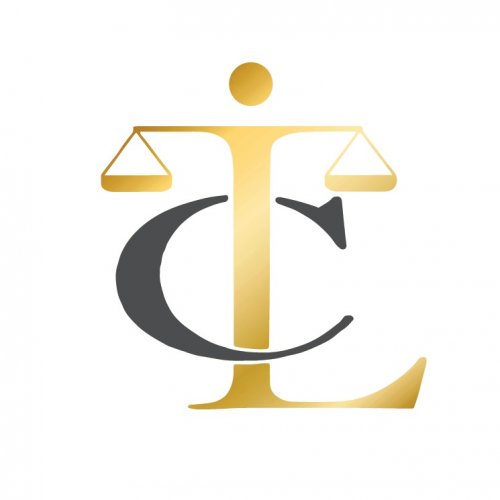Best Legal Malpractice Lawyers in Tbilisi
Share your needs with us, get contacted by law firms.
Free. Takes 2 min.
List of the best lawyers in Tbilisi, Georgia
About Legal Malpractice Law in Tbilisi, Georgia
Legal malpractice law in Tbilisi, Georgia is a branch of law that protects clients from professional negligence or misconduct by their legal representatives. This could happen if the legal professional does not respect professional standards, is incompetent, or acts negligently. If a client incurs significant loss due to these actions, they have the right to sue their attorney for legal malpractice.
Why You May Need a Lawyer
You may need a lawyer if you believe that your previous attorney negligently represented you, causing significant financial or emotional damage. These cases often require the client to prove that the attorney did not meet the standards of professional conduct leading to the loss. Because of the complexity and specificity of legal malpractice law, hiring an experienced attorney can provide invaluable support.
Local Laws Overview
Under Georgian law, lawyers are obligated to provide services to their clients following a standard of care that is expected in the legal field. If this standard is not met and causes harm to the client, then this may be grounds for a malpractice claim. Proof of negligence, breach of contract, or violation of a statutory duty may be required for a successful claim. A statute of limitations usually applies to such cases, highlighting the importance of seeking advice promptly.
Frequently Asked Questions
What is considered legal malpractice?
Legal malpractice occurs when a lawyer, through negligence, ignorance, or deliberate action, causes a client's case to suffer in a way that a competent attorney wouldn't have. This may happen through errors, omissions, conflicts of interest, breach of contract, or other conflicts with the standard of professional conduct.
How do I prove legal malpractice?
To prove legal malpractice, you primarily need to demonstrate three points: there was an attorney-client relationship, the attorney was negligent or in breach of contract, and this negligence or breach caused significant harm to the client.
How long do I have to file a legal malpractice claim?
Under Georgian law, there is a statute of limitations for legal malpractice claims. It's crucial to consult with an experienced lawyer as soon as possible to ensure you do not miss your opportunity to file a claim.
Can I sue my attorney for overcharging?
In some cases, overcharging can be considered a form of fraud or breach of contract. Consulting a qualified legal malpractice attorney will provide clarity on whether you have a valid claim in such a context.
Do I need a lawyer to file a malpractice claim?
Given the complexity of the legal malpractice law, it is beneficial to hire a specialized lawyer who understands the nuances of these cases. A competent legal malpractice attorney can provide guidance, help you collect necessary evidence, and present a strong case on your behalf.
Additional Resources
The Georgian Bar Association and the Legal Aid Service are good starting points for additional resources. These organizations offer guidance on professional standards, provide legal advice, and may be able to offer referrals to suitable attorneys.
Next Steps
If you believe you're a victim of legal malpractice, it's important to reach out to a reputable attorney specializing in this area. Compile any relevant documents that could serve as evidence, and be prepared to discuss the details of your situation. Remember that time is of the essence due to the statute of limitations, so it's advisable to initiate proceedings as soon as possible.
Lawzana helps you find the best lawyers and law firms in Tbilisi through a curated and pre-screened list of qualified legal professionals. Our platform offers rankings and detailed profiles of attorneys and law firms, allowing you to compare based on practice areas, including Legal Malpractice, experience, and client feedback.
Each profile includes a description of the firm's areas of practice, client reviews, team members and partners, year of establishment, spoken languages, office locations, contact information, social media presence, and any published articles or resources. Most firms on our platform speak English and are experienced in both local and international legal matters.
Get a quote from top-rated law firms in Tbilisi, Georgia — quickly, securely, and without unnecessary hassle.
Disclaimer:
The information provided on this page is for general informational purposes only and does not constitute legal advice. While we strive to ensure the accuracy and relevance of the content, legal information may change over time, and interpretations of the law can vary. You should always consult with a qualified legal professional for advice specific to your situation.
We disclaim all liability for actions taken or not taken based on the content of this page. If you believe any information is incorrect or outdated, please contact us, and we will review and update it where appropriate.









